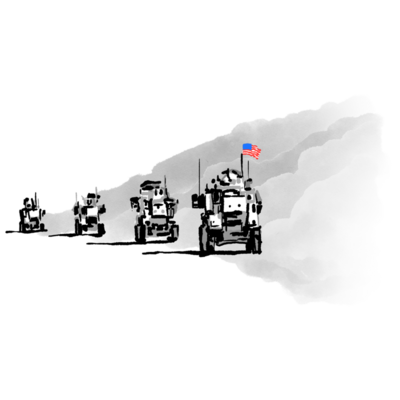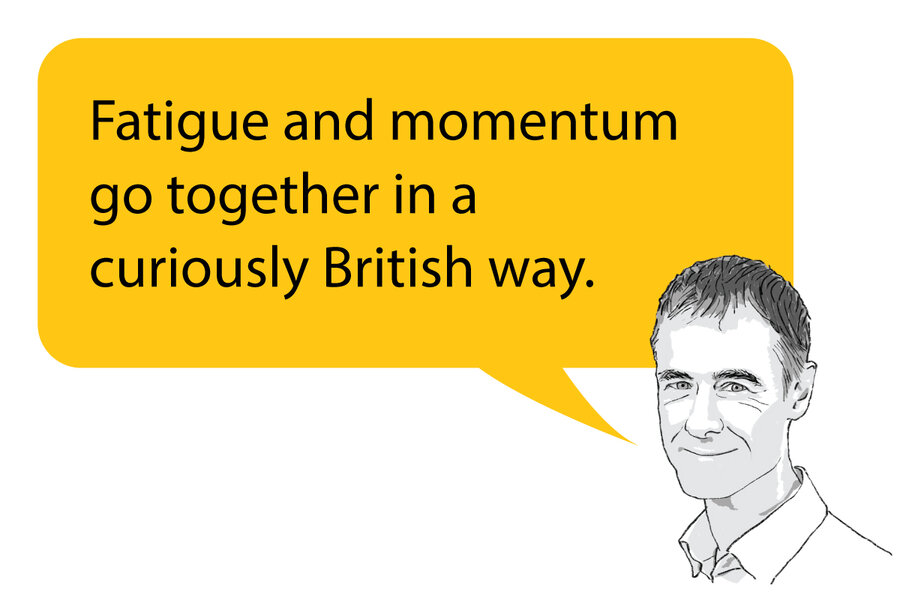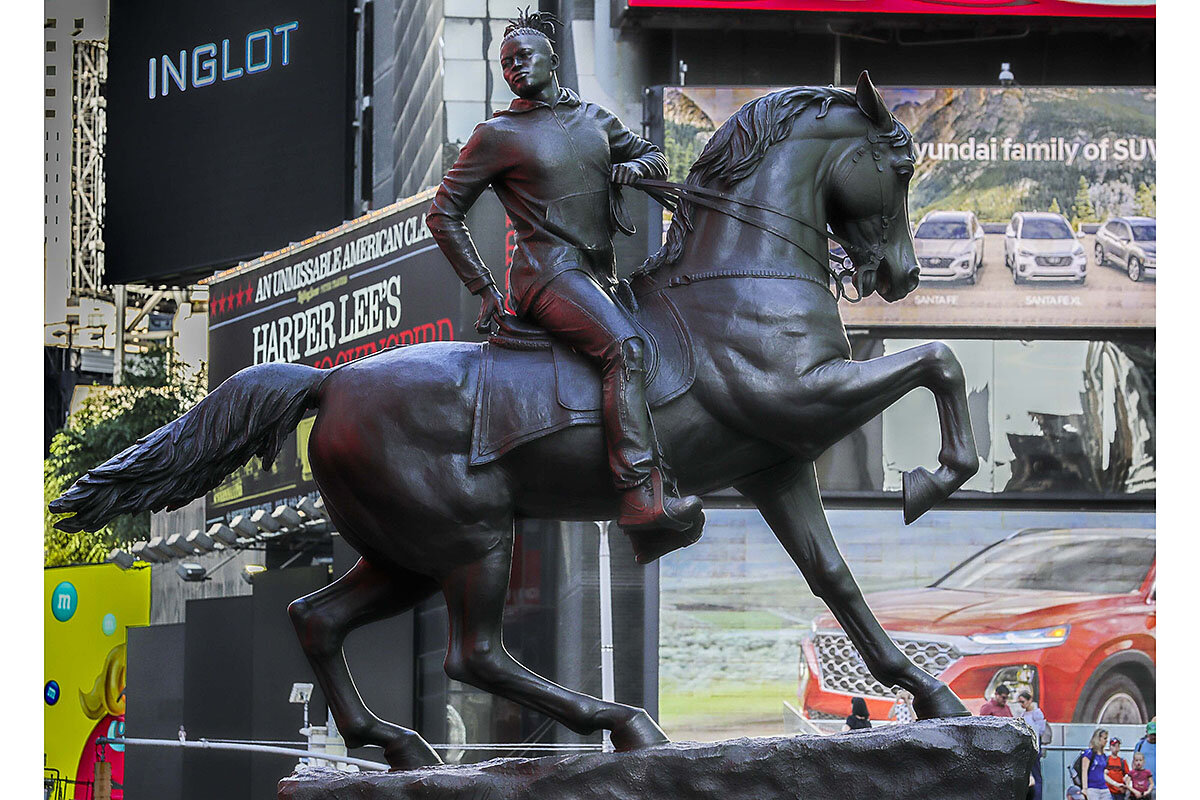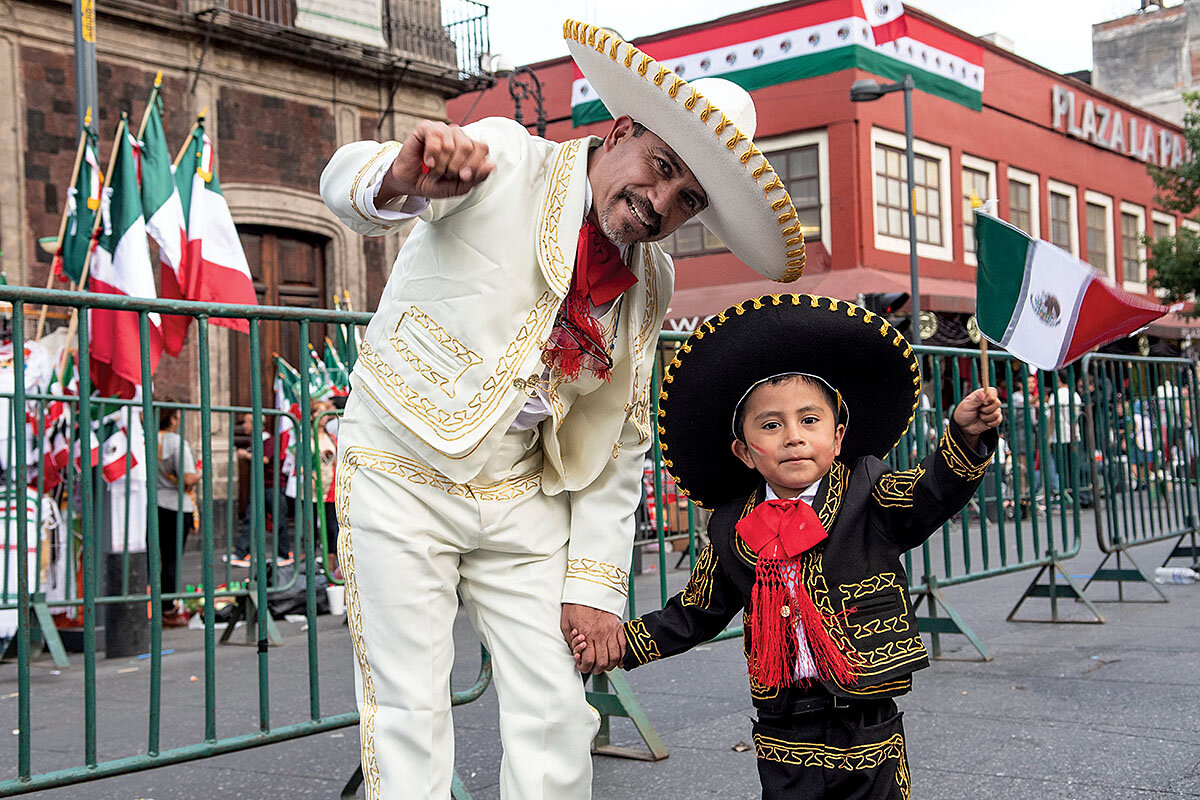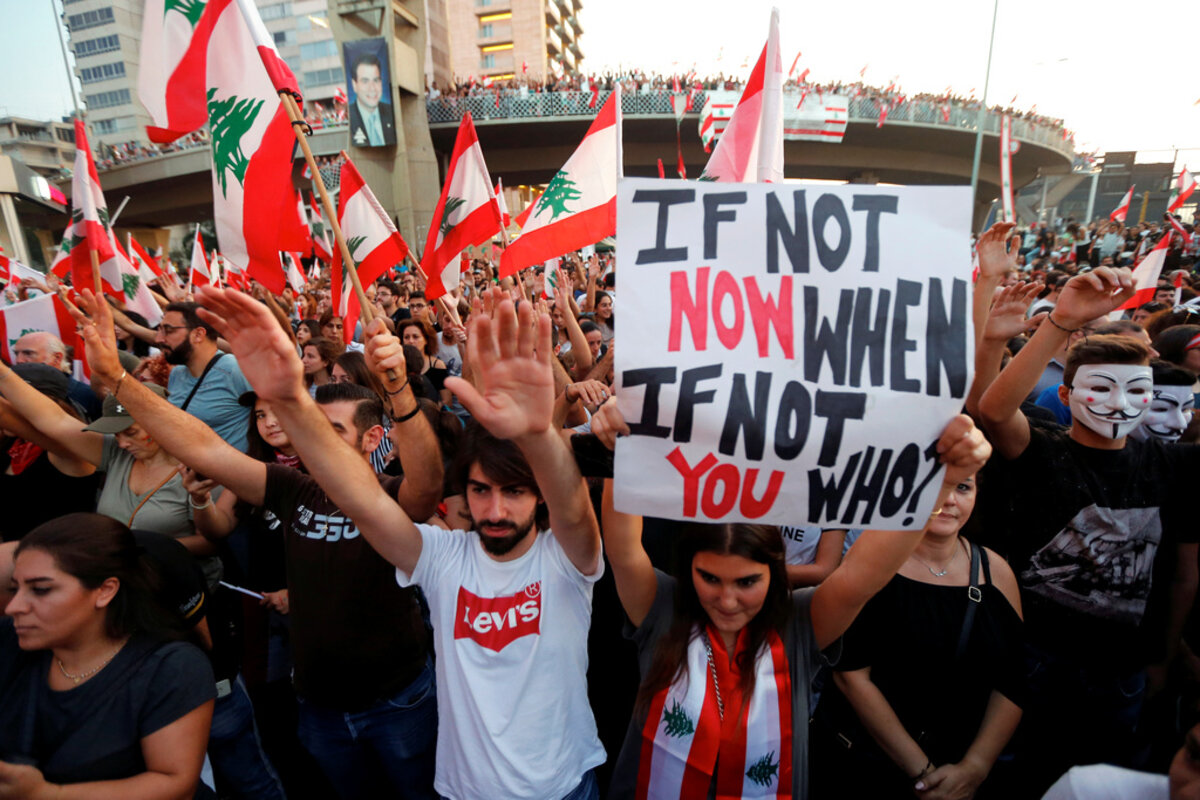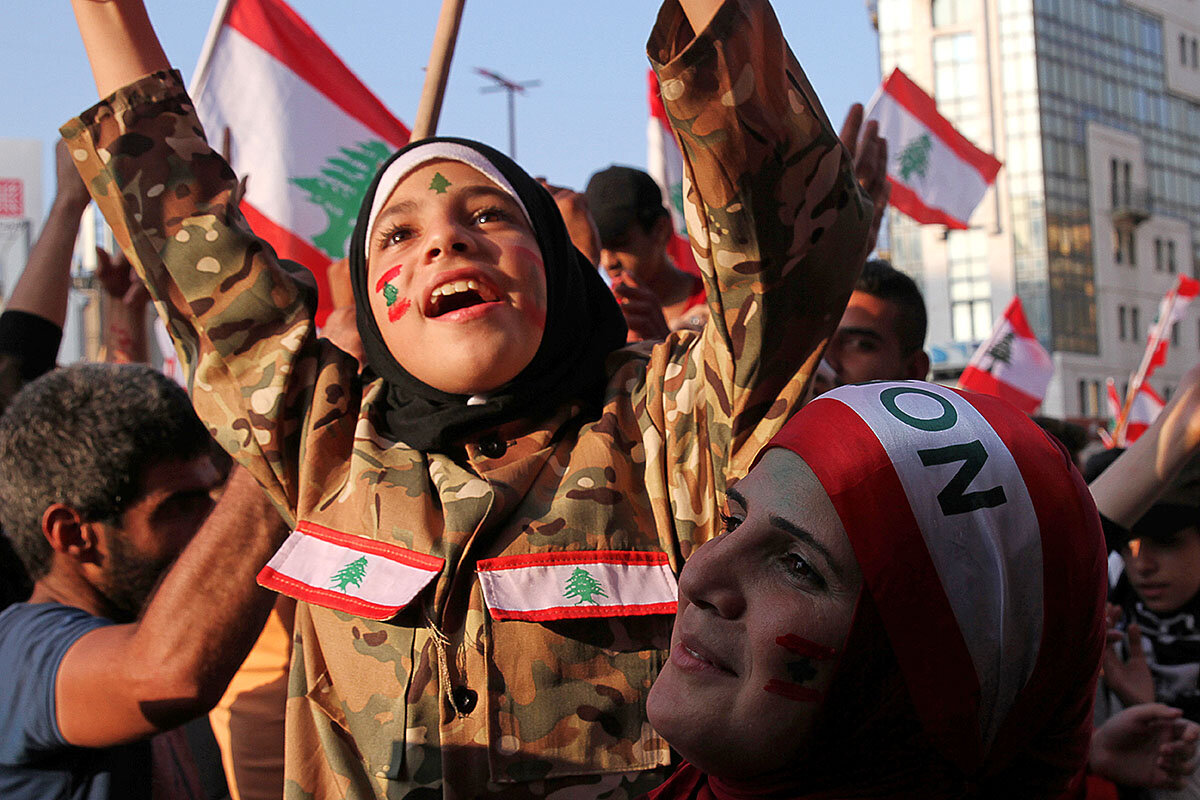Outgunned by Turkey and feeling betrayed by President Trump, where do Syria’s Kurds go from here? It’s a sad question, and an employee of the Kurdish autonomous administration has a telling answer: Iraq.
Monitor Daily Podcast
- Follow us:
 Mark Trumbull
Mark Trumbull
Welcome to your Daily. Today we have the Kurdish view from Syria, the latest on Brexit in plain British, the equestrian statue repurposed, and paired items on a time of cultural revival in Mexico.
First, a court drama with national implications. Two Cleveland-area counties reached a last-minute settlement in a case against the nation’s leading pharmaceutical distributors, alleging illegal promotion of opioids by the companies.
For these two counties, both heavily affected by opioid abuse, the $260 million settlement means they will get much-needed money to help treat addiction and prevent further deaths. “It’s about rehabilitation and getting people straight,” said Michael C. O’Malley, Cuyahoga County prosecutor.
For the United States, this outcome postpones a larger reckoning. Some 2,600 lawsuits are pending by counties, cities, states, and tribes against corporations whose marketing and distribution of these pain-relief drugs may have played a significant role in a nationwide crisis. In the lead-up to this Ohio trial, for a time it looked possible that it could become the venue for a sweeping $48 billion settlement encompassing that legion of lawsuits.
That possibility now awaits another case. By some measures even $48 billion would be a drop in the bucket. In a report this year, White House economists said the opioid crisis cost the U.S. economy $504 billion in 2015 alone. So, at stake is relief for people in more struggling communities like Cleveland. But as the Monitor highlighted this spring, it’s also about accountability: Many plaintiffs say courtroom trials could give a full airing to alleged illegal promotion efforts that put profits above responsibility with addictive drugs.






